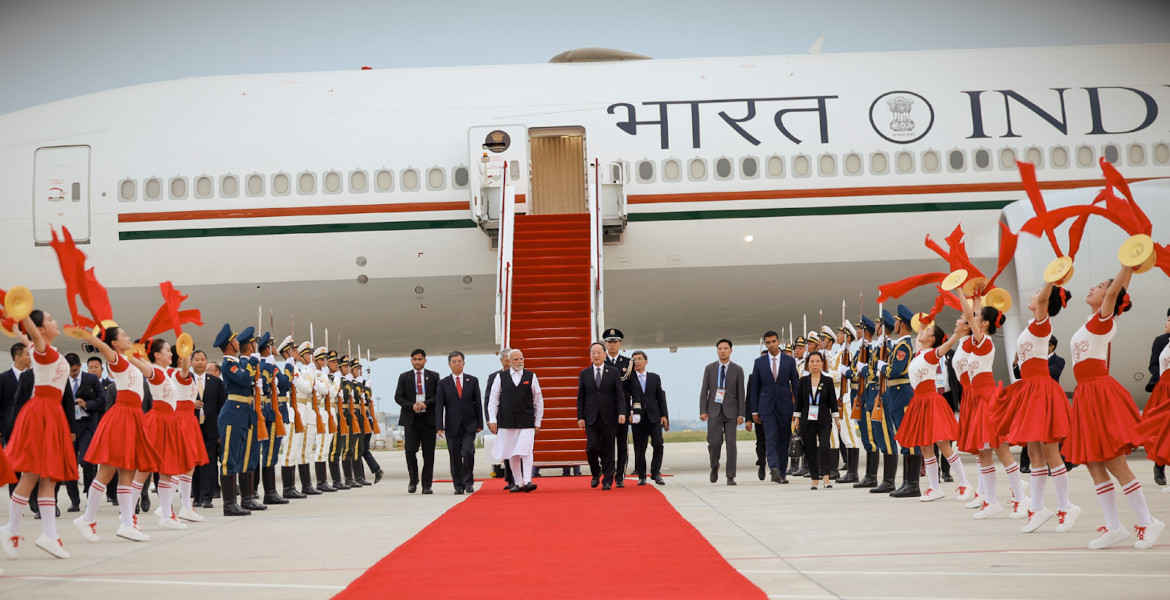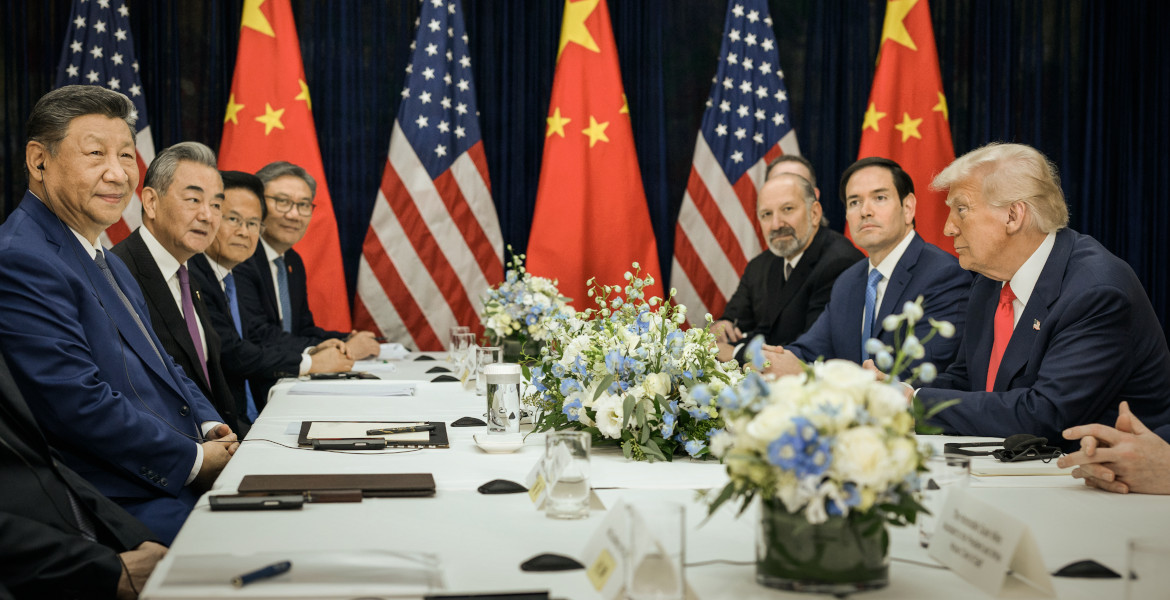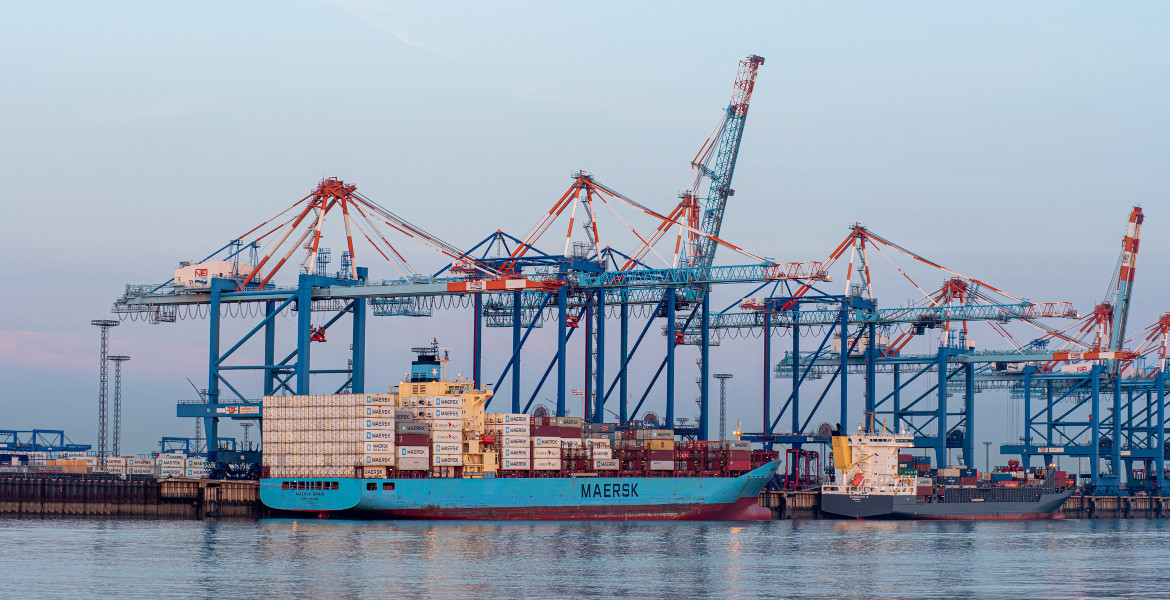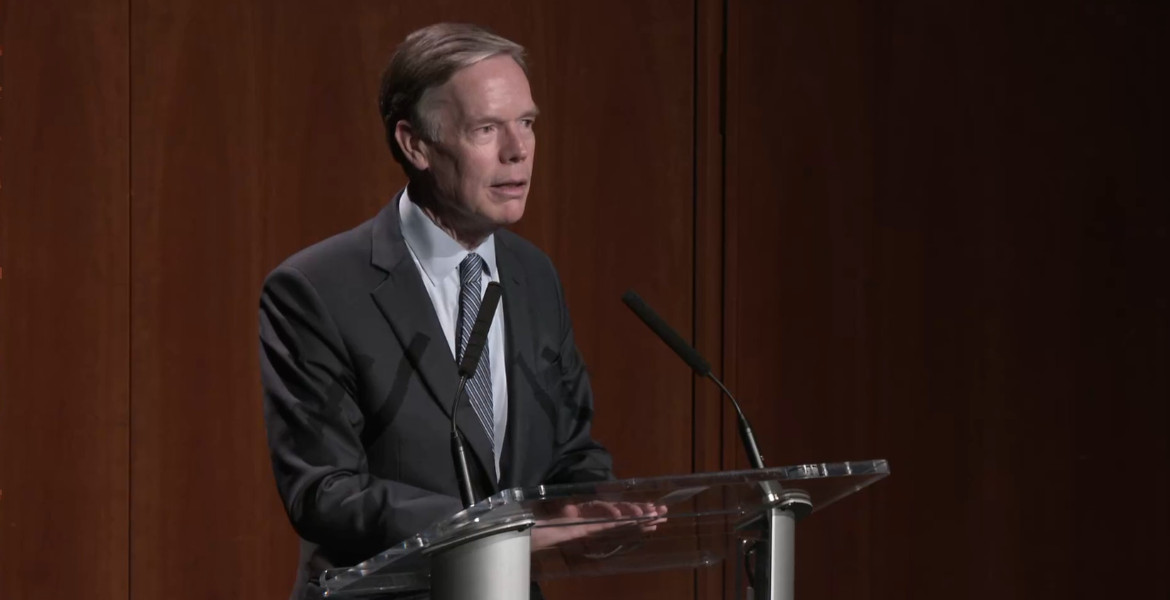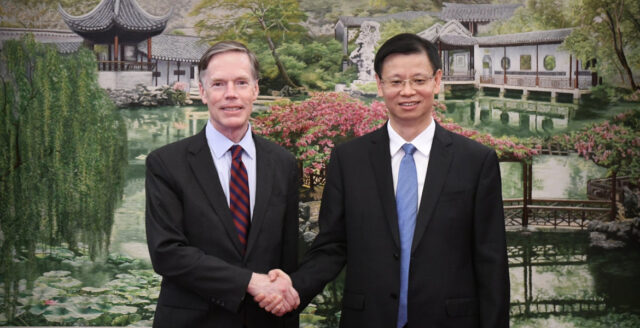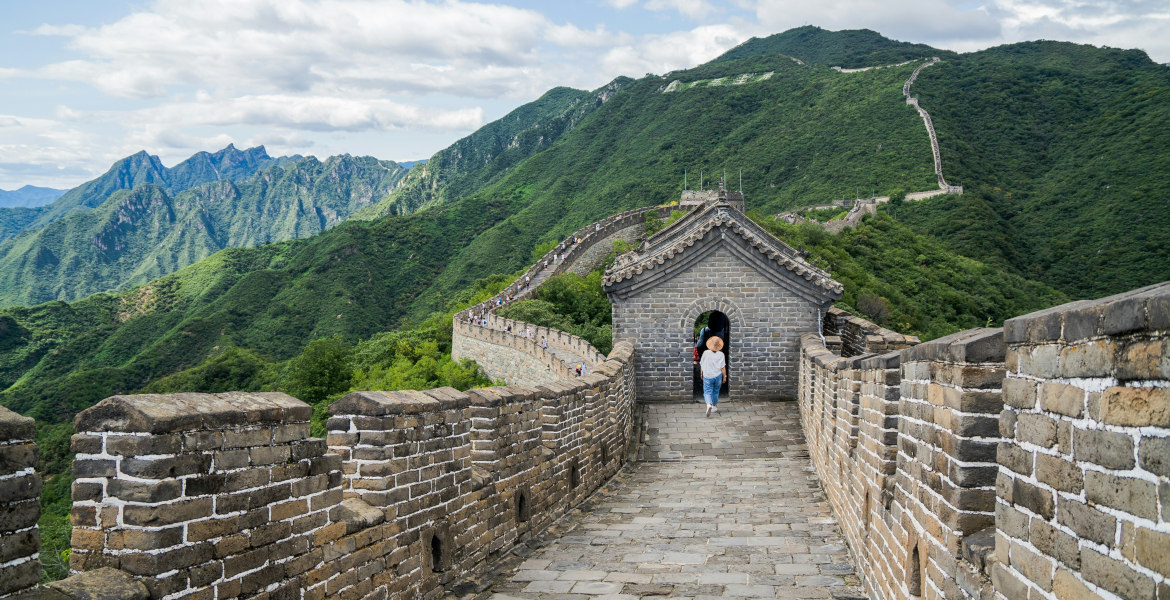Sky News economic analyst and editor Ed Conway warns that the Western world is drastically underestimating how significant the Eurasian alliance Shanghai Cooperation Organisation (SCO) is becoming.
According to Conway, the Ukraine war and Western sanctions against Russia have accelerated a historic power shift where China, Russia and India are now forming an increasingly strong counterweight to the G7 countries.
While G7 countries' exports to Russia have collapsed to almost zero, China's exports have instead increased dramatically. India has gone from barely importing Russian oil to relying on the country for the majority of its crude oil imports. British analyst Ed Conway argues that the consequences of the Ukraine war extend far beyond Europe's borders.
"The vast majority of policymakers in Westminster, let alone elsewhere around the UK, have never heard of the Shanghai Cooperation Organisation", Conway writes in his analysis from the summit in Tianjin, China this week.
He believes this grouping of ten Eurasian states – led by China, Russia and India – deserves significantly more attention in Europe.
The analyst identifies February 2022 as a watershed moment. Before the war, G7 countries exported roughly as much to Russia as China did, and Europe was then the largest importer of Russian oil. Today, the figures show a completely different reality. While Western sanctions have decimated G7 trade with Russia, China's exports have instead exploded.
"Exports of Chinese transportation equipment are up nearly 500%", Conway notes.
A future without the US?
In parallel, India has undergone a dramatic change in its energy purchases. The country has gone from importing "next to no Russian oil to relying on the country for the majority of its crude imports".
This development has led the US to consider drastic measures. Conway points to how Washington has threatened to impose "secondary tariffs" against India, which would double the tariff level on Indian goods to 50 percent – "one of the highest levels in the world".
"The upshot of Ukraine, in other words, isn't just misery and war in Europe. It's a sharp divergence in economic strategies around the world", he states.
The analyst identifies a deeper structural change taking place. Asian nations have begun to "envisage something they had never quite imagined before: an economic future that doesn't depend on the American financial infrastructure".
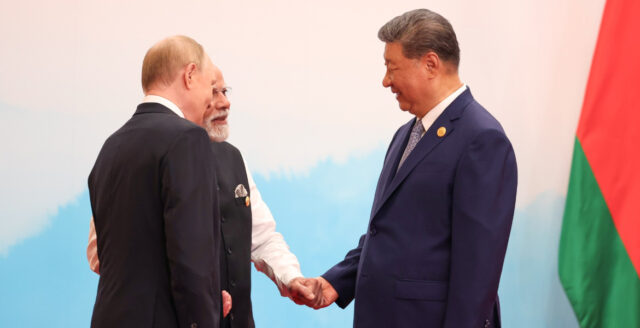
"Once sworn rivals"
Conway explains that Asian countries have traditionally been the largest buyers of US government bonds, partly to secure dollars for oil purchases. But since the war in Ukraine escalated, Russia has begun selling oil without pricing it in dollars, while many Asian nations have reduced their purchases of US government bonds.
"Part of the explanation for the recent rise in US and UK government bond yields is that there is simply less demand for them from foreign investors than there used to be", he notes.
A particularly concerning trend for Western leaders is the growing economic weight of SCO countries, and Conway points out that when adjusted for purchasing power, these nations' share of global GDP is now approaching the combined share of advanced economies.
But perhaps the most surprising development is the rapprochement between China and India, which for long periods have had a very strained, and at times almost openly hostile relationship.
"Something that would have seemed completely implausible only a few years ago", Conway writes, is that these "once sworn rivals" are now approaching economic reconciliation.
As India now faces harsh US tariffs, the country hardly sees any risk in approaching China through this rare journey to strengthen relations with Beijing, according to the analyst.
Had a fruitful meeting with President Xi Jinping in Tianjin on the sidelines of the SCO Summit. We reviewed the positive momentum in India-China relations since our last meeting in Kazan. We agreed on the importance of maintaining peace and tranquility in border areas and… pic.twitter.com/HBYS5lhe9d
— Narendra Modi (@narendramodi) August 31, 2025
"A seismic moment"
Conway calls the development "a seismic moment in geopolitics" and concludes his analysis with a warning:
"For a long time, the world's two most populous nations were at loggerheads. Now they are increasingly moving in lockstep with each other. That is a consequence few would have guessed at when Russia invaded Ukraine. Yet it could be of enormous importance for geopolitics in future decades", he states.
The economic analyst's conclusion is clear: the Ukraine war and sanctions against Russia have had an unexpected effect. Instead of isolating Russia, it has welded together Asia's superpowers and accelerated the West's economic decline.
Shanghai Cooperation Organisation (SCO)
The SCO was founded in 2001 and has ten member countries: China, Russia, India, Pakistan, Iran, Kazakhstan, Kyrgyzstan, Tajikistan, Uzbekistan and Belarus. The organization started as a security policy cooperation but now also encompasses economic and political issues.
The member countries represent over 40 percent of the world's population and when adjusted for purchasing power, SCO countries account for nearly half of global GDP. The organization's secretariat is located in Beijing and the chairmanship rotates between member countries.
G7 (Group of Seven)
The G7 consists of the USA, Japan, Germany, the United Kingdom, France, Italy and Canada. The group was formed in the 1970s as a forum for economic coordination between industrialized liberal democracies. The G7 countries account for approximately 30 percent of global GDP and have long played a central role in the international financial system.
The EU participates in G7 meetings as an observer. Since 2022, the G7 has coordinated economic sanctions against Russia following the war in Ukraine.
